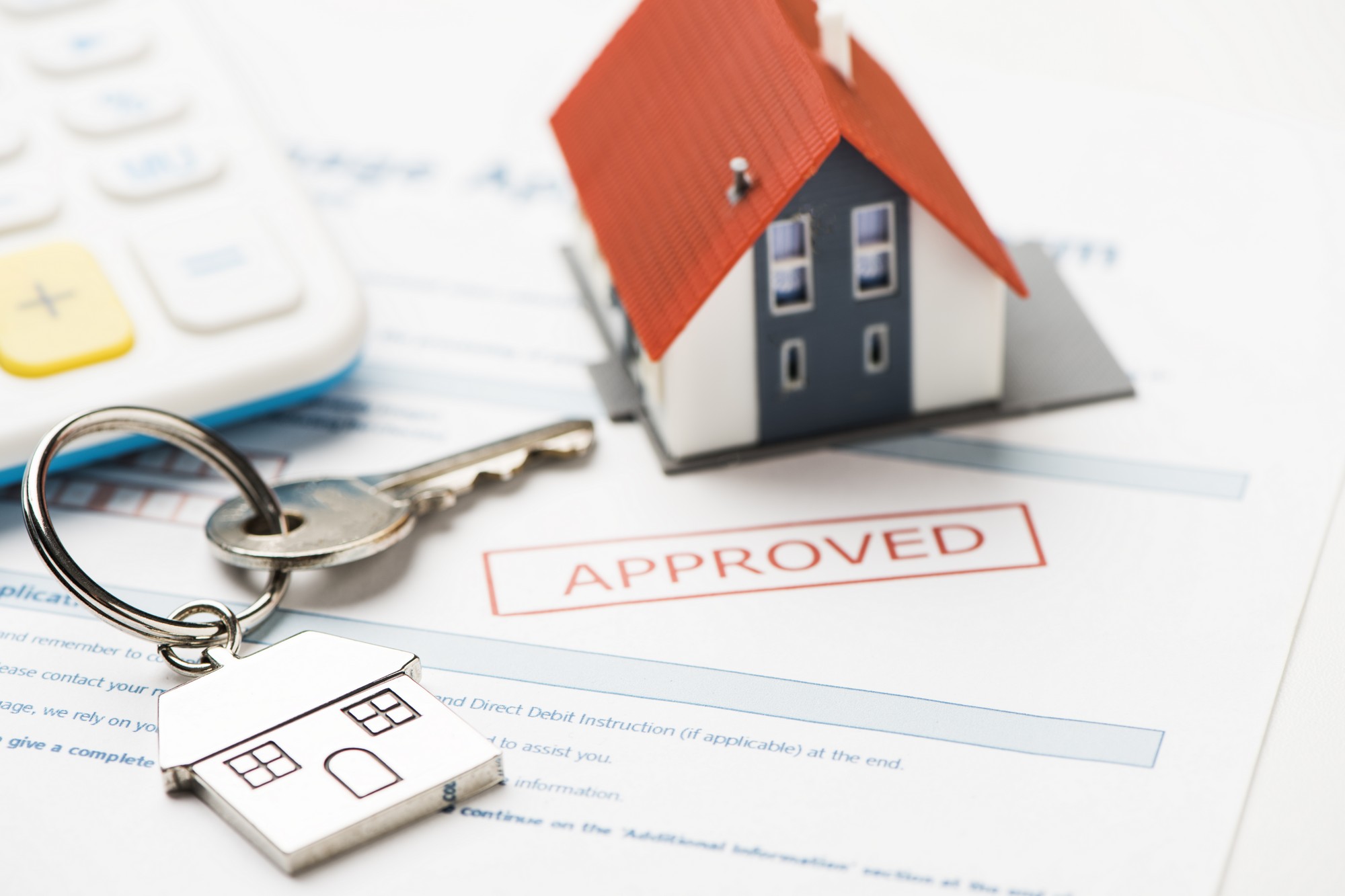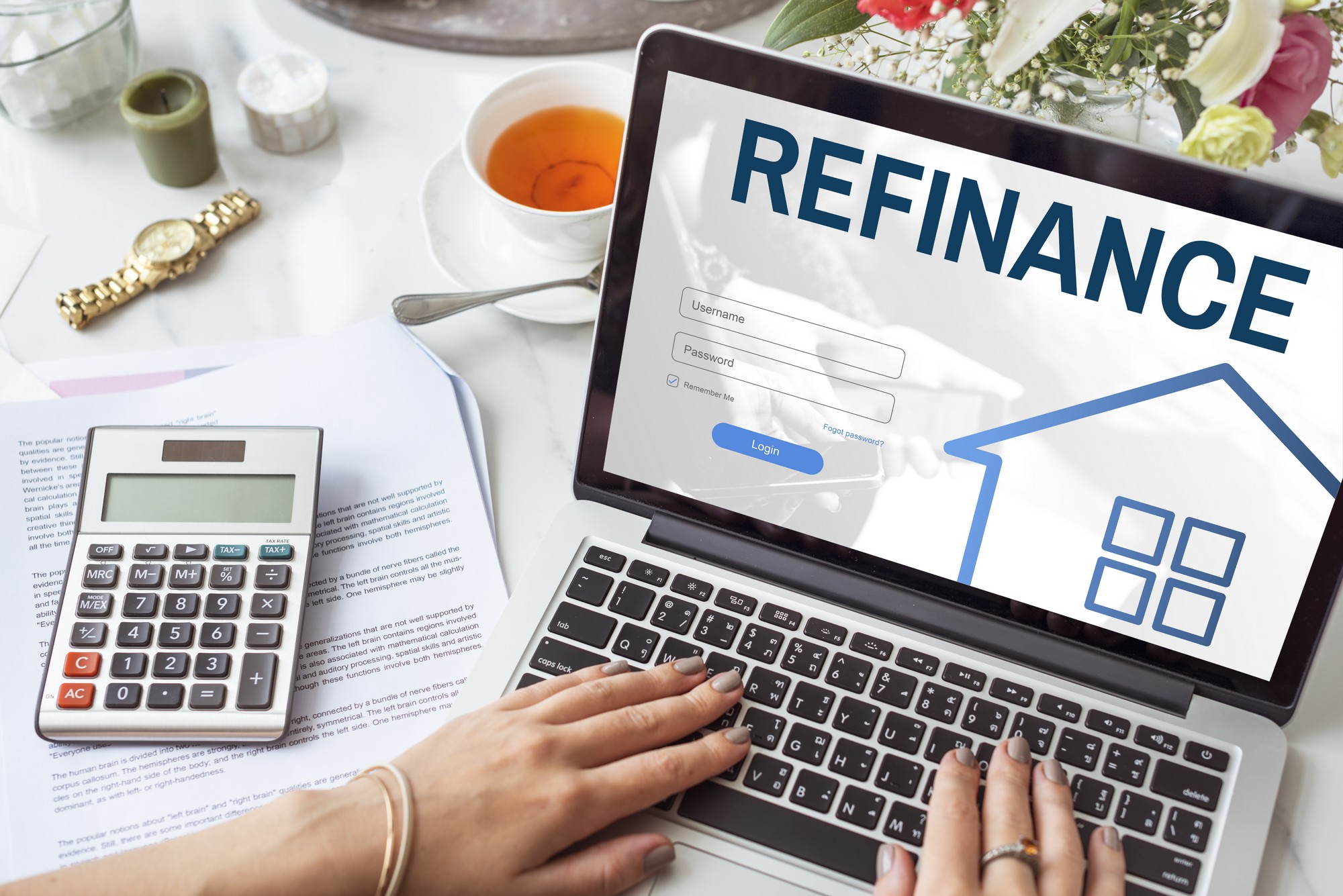If you’re like the majority of homebuyers, you’ll require a mortgage to finance your new property purchase. To qualify, you must have a stellar credit score and own payment. Without these, the conventional path to homeownership may be inaccessible.
While a rental property mortgage is similar to a principal house mortgage in many ways, there are some significant distinctions. To begin, rental property loans have a greater default rate than other types of loans, owing to the fact that borrowers experiencing financial difficulties prioritise their primary residence’s mortgage first. Due to the increased risk, lenders often charge a premium for rental properties.
There are also underwriting rules to consider, which are typically stricter for rental homes. Mortgage lenders, in general, are concerned with the borrower’s credit score, down payment, and debt-to-income ratio. The same principles apply to rental property mortgages, but the borrower will likely face stricter credit score and debt-to-income ratio requirements—as well as a larger minimum down payment. Moreover, the lender may do a thorough examination of the borrower’s employment history and income, as well as enquire about the borrower’s prior experience as a landlord.
Numerous lenders have lower lending limitations for investors (i.e., they lend the majority of their house loans to owner-occupiers), and you will often need a 40% deposit according to the Reserve Bank of New Zealand’s LVR rules.
In general, lenders seek the following information from borrowers before approving a rental property mortgage:
- Credit score: A minimum of 620 is required, with better rates and terms available for scores of 740 and above.
- Down payment: LVR lending limitations on loans secured by investment property have been tightened in response to rising housing market concerns in that sector. Loans with a high LVR fall into this category if they exceed 60% of the property’s value (40 percent deposit). Loans with a high LVR cannot account for more than 5% of a bank’s total new lending in this segment.
- Debt-to-income ratio (DTI): The DTI indicates the percentage of a borrower’s monthly income that is spent on debt repayment. Though the limitations are more lenient for primary residence mortgages, borrowers must have a DTI of between 36% and 45% to be eligible for a rental property loan.
- Savings: Along with a favourable debt-to-income ratio, borrowers should have sufficient funds in the bank to cover three to six months’ worth of mortgage payments, which include principle, interest, taxes, and insurance.
Consider the following before making a purchase:
Exemption for new construction
Loans to individuals who are constructing a new property are exempt. The borrower must either commit to the purchase early in the development process or purchase the residence directly from the developer (within six months of completion). The exemption is available to both owner-occupiers and investors in residential real estate. The LVR guidelines make no provision for the amount of a deposit required for new houses.
Exemption for remediation
Loans are exempt if they are used for remediation (e.g., to address concerns with weather tightness), to bring a dwelling up to current building rules, or to comply with new rental property standards (for example, insulation). The exemption is available to both owner-occupiers and investors in residential real estate.
Stay away from a fixer-upper
It’s alluring to hunt for a house that you can purchase cheaply and convert into a rental property. That is generally not a good idea if this is your first property. Unless you have a contractor that performs quality work on a budget—or unless you are experienced at large-scale home improvements—renovating is likely to be prohibitively expensive. Rather than that, seek out a home that is priced below market value and requires only minor repairs.
Taxes
There are tax issues associated with owning a residential investment property. Rent income is taxable, which means you must file a tax return each year. Gains on the sale of real estate may also be subject to taxation.
Tax rules often change and can be complex, so it’s essential to get regular guidance on your personal circumstances from an independent tax adviser or accountant. You can also find a tax guide on rental income on the IRD website.
There are a lot of different things to consider when buying a second home, our experienced broker would love to help you go through the process and all aspects of purchasing a second property. If you would like to know more about growing your property empire and make your mortgage work for you, talk to our expert broker today.










